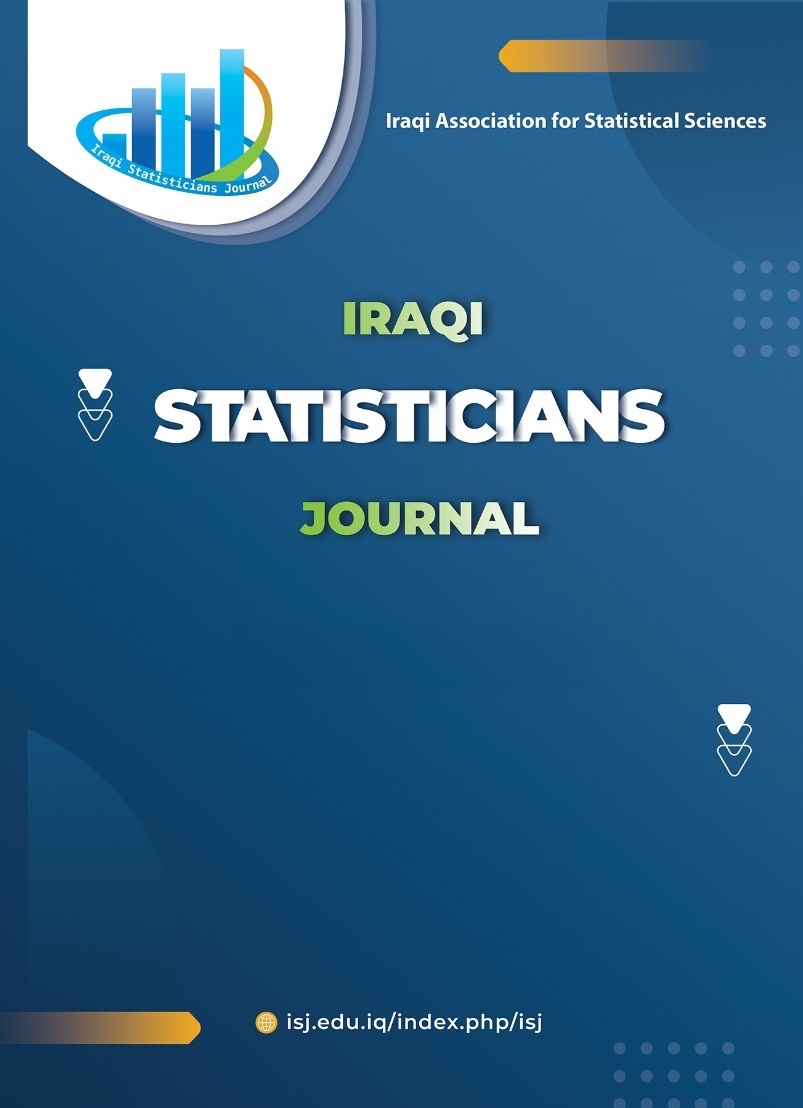Abstract
Many rural areas in Nigeria are still grappling with epileptic power supply while others are awaiting access to the national grid due to their remote locations. To meet the essential energy demands at these areas, penetration of renewable energy sources has become a policy priority for the society and nation at large. Renewable energy sources are a viable alternative solution due to their abundant available nature, clean energy source, environmentally friendly, and emission -free. Due to their intermittent available property, hybrid renewable energy sources are used to mitigate this drawback. In this study, hybrid renewable complex energy system with five components subsystem is evaluated. The complex system was first converted to a series-parallel system using the Minimal-cut set approach. The variables associated with repair and failure rates of each component is assumed to follow a Weibull probability density function. The derivation of Mean Time to System Failure (MTSF) and reliability of the system was obtained via reliability mathematics techniques. The MTSF and reliability of the complex renewable system were calculated for random values of component parameters such as failure rate (λ), shape parameter (β) and operating time (t) of the system components. The dynamic responses of these reliability indices have been presented graphically and numerically with arbitrary numerical values of the component’s parameters. The results reveal that reliability declines as failure rate, shape parameter, and operating time rise. The MTSF was also found to decrease with an increase in both failure rate and shape parameter of each system components. This study, therefore, shows that the system reliability can be increased by operating it at a minimal value of failure rate and shape parameter respectively.
